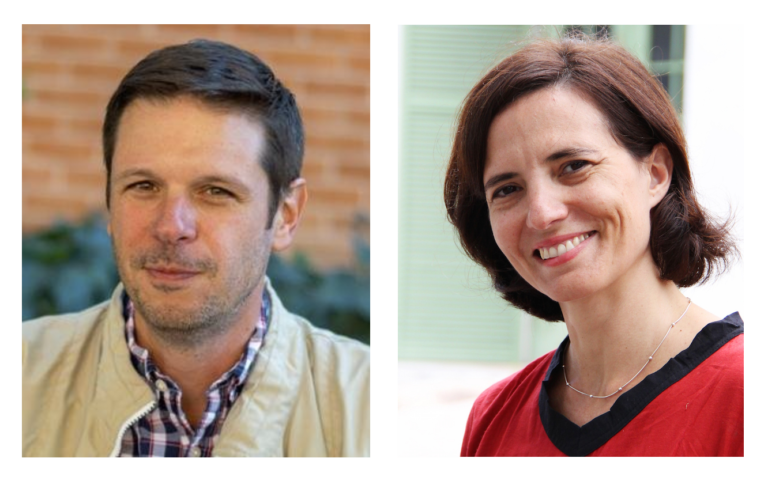Are today’s younger philosophers “focusing too much on detailed investigations of individual things and not enough on the big picture”?
It is hard to deny that certain areas of philosophy have changed in precisely that direction, but I don’t agree that this change is something we should regret. To see why, we need to introduce an important distinction. The distinction is between (a) the amount of words people are writing about the big picture issues and (b) the degree to which people are finding important truths about the big picture issues. It might well be the case that philosophers these days are writing fewer words that are directly about the big picture issues, but in my view, the things philosophers are doing now are actually teaching us more about those very issues.
As one illustration, let’s consider the way things have changed over time in the study of folk-psychological concepts. I choose this specific example just because I happen to be especially familiar with it, but the aim is to illustrate a broader point that applies equally in numerous other cases.

Ultimately, then, I would not say that contemporary philosophy is moving away from an attempt to go after the most fundamental questions. What is changing is people’s ideas about how to go after those questions. The core idea is that we are not going to find the answers to those questions by turning away from the study of individual things and focusing instead on something completely abstract. Instead, the way to find the answers to those questions is precisely by engaging in a detailed study of individual things.
In Defense of the Details
by Joshua Knobe
[Hieronymus Bosch, “Garden of Earthly Delights” (detail)]
A few decades ago, research in this area was dominated by discussion of sweeping theories that were supposed to capture the nature of all folk-psychological concepts. These theories prompted an enormous amount of discussion, but one striking feature of that discussion was that it hardly ever involved any real engagement with questions about the individual concepts found in folk psychology.
In the following guest post*, Joshua Knobe, professor of philosophy, linguistics, and psychology at Yale University, argues they’re not.
So, what has been the overall effect of this change? I certainly agree that there are fewer words being written these days about the larger questions involving how to understand the nature of folk-psychological concepts as a whole, but I don’t agree with the view that we are now learning fewer important truths about these larger questions. On the contrary, I would say just the opposite: Thinking purely in the abstract about the nature of folk-psychological concepts led us to miss some of the most important aspects of these concepts. Now that philosophers are engaging more with the little details, we are actually learning more about the most fundamental questions regarding the nature of folk-psychological concepts more broadly.
Similar points apply in other areas. Within the philosophy of language, there might be less work these days that involves just thinking in the abstract about the nature of language, but the detailed investigations philosophers have been pursuing about individual things (epistemic modals, presupposition projection, indefinite singular generics) have been giving us valuable insight into truly fundamental questions regarding how language works. Indeed, it is really beginning to seem that the best way of getting a better understanding of those larger questions is to engage in a more serious way with the details of various individual things.
Talking with other philosophers from my generation, I often encounter a certain amount of dissatisfaction about what has been going on within the younger generation in certain areas (language, mind, epistemology, philosophy of science). I don’t share this dissatisfaction, and I thought maybe I should say a little bit about why.
Clearly, things have changed quite radically. These days, there is much more work on individual folk-psychological concepts. There is now an extensive body of research on the folk-psychological concept of pain, on the distinction between the folk-psychological concepts of thinking vs. believing, on the concept of happiness. Anyone working in this area could name lots of further research along similar lines.
Broadly speaking, the usual worry is that “kids today” are focusing too much on detailed investigations of individual things and not enough on the big picture. Caricaturing somewhat, the thought is that a typical Gen X grad student in the philosophy of language would have been working on something like “the nature of meaning,” while a typical Gen Z grad student is working on something more like “free choice inferences involving disjunctions under epistemic modals.” Similarly, the typical Gen X student in the philosophy of science would have been working on something like “the nature of scientific theories,” while the typical Gen Z grad student is working on something more like “the application of causal Bayes nets to time series data.”
(An earlier version of this post first appeared at The New X-Phi Blog.)






